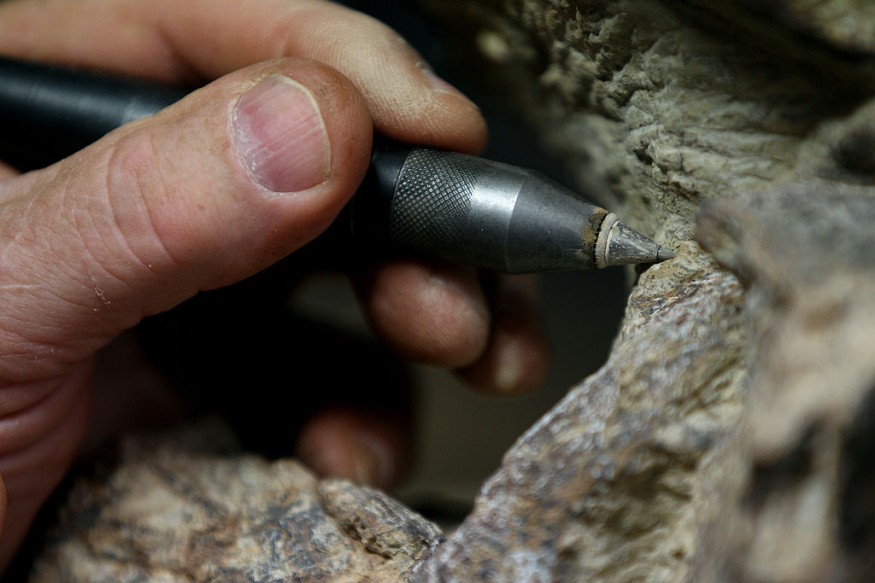Researchers uncovered ancient fossils that showed a giant salamander-like that likely lived 40 million years before dinosaurs. According to a report, the fossils of this species had sharp pangs.
With the help of advanced technologies, researchers can potentially look for ancient fossils. In a recent report, experts managed to discover fossils that unveiled a salamander-like predator.
Salamander-like Predators that Existed Before Dinosaurs

The research findings were published in Nature, where researchers showcased the new and unique findings. The planet is believed to be home to known and unknown species, including gigantic animals that once lived thousands or million years ago.
These fossils were found in Namibia, Africa. This discovery suggests that tetrapods once existed in colder environments.
The report identified the new species as Gaiasia jennyae. This species was recognized as larger than a human. When the researchers examined its skull, it measured about 60 cm long.
While people would first think that dinosaurs were the first to exist, this animal thrived before the gigantic dinosaurs came to the planet.
Understanding the past, including ancient fossils, is helpful in deciphering the behavior and existence of different unknown species. While uncovering these species is challenging, the role of technology and advanced tools helps them.
According to the report, the salamander-like predator likely used its wide and plat head to target prey. The animal's front teeth allowed them to chew for possible food.
New Dinosaur Species in North America
In a recent Nature World News (NWN) report, researchers unearthed a plant-eating ancient Montana dinosaur called Lokiceratops rangiformis. This species was found in northern Montana, United States.
Experts managed to unearth the fossils along the US-Canada border, in which the animal possessed two blade-like horns found on its head. The research findings were published in PeerJ.
The dinosaur was excavated in northern Montana Badlands. These findings can help decipher more evidence about the existence of dinosaurs during the Late Cretaceous in North America.
Megafuna Species in the Animal Kingdom
NWN also featured different megafauna animals that once roamed on Earth thousands or millions of years ago. These species are already extinct, but understanding their existence can provide new insights into the behavior of ancient animals.
One of the megafauna species is the Megalodon. This species has been seen or popular in cinemas or movies for its enormous size. The report indicates that Megalodons lived over 500 feet on the seafloor.
Next on the list is the Gyptodons. According to experts, these species were found in South America. They became extinct due to environmental changes and wildlife competition.
For more similar stories, don't forget to follow Nature World News.
© 2025 NatureWorldNews.com All rights reserved. Do not reproduce without permission.





